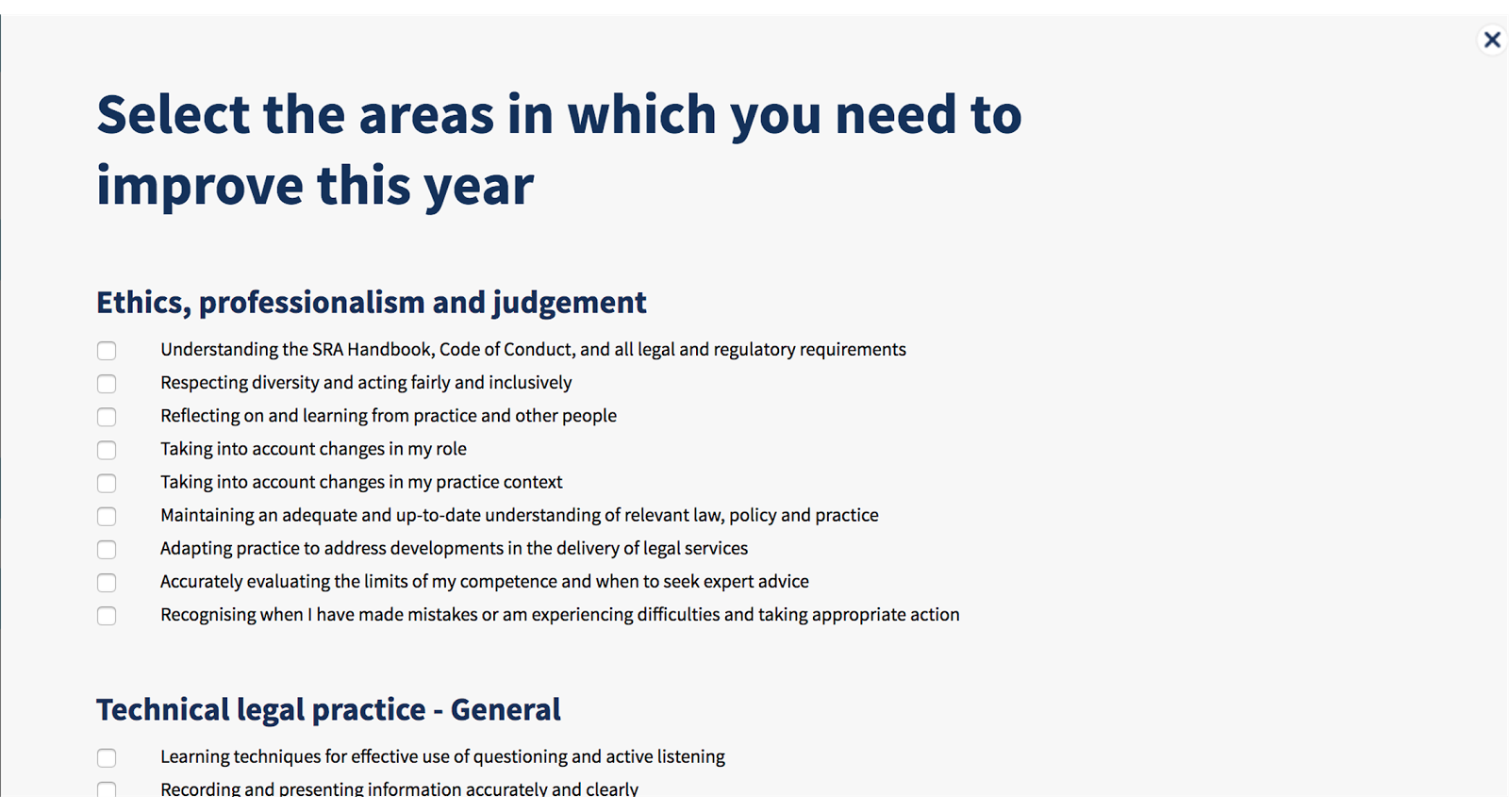Brexit or no Brexit, GDPR is on its way

Despite Brexit, GDPR will still apply to UK companies A recent study found that 24% of UK businesses have put their preparation for GDPR on hold ahead of the country’s upcoming exit from the EU. However, the UK’s information commissioner, Elizabeth Denham, has insisted that UK companies should continue to prepare for GDPR, urging “I […]
Criminal Finances Bill passes through parliament – awaits Royal Assent
The House of Lords rushed through the reporting state and third reading of the Criminal Finances Bill on 25 April and sent the bill back to the Commons to ratify a few minor amendments. The Commons quickly passed the amendments in 26 April. In introducing the bill, Baroness Williams of Trafford said: Following the decision […]
Anti-Money Laundering courses now fully compliant with Fourth Money Laundering Directive

VinciWorks’ updated anti-money laundering courses The Fourth Money Laundering Directive will be implemented by the end of June 2017. To reflect the changes under The Fourth Directive, VinciWorks has updated all of its courses accordingly. Here are three Anti-Money Laundering courses that have been updated. Anti-Money Laundering This course has been designed to teach you […]
SRA Policy Executive Richard Williams — “large and small firms face the same challenges”

On Wednesday 22nd March, around 100 firms joined Director of Best Practice Gary Yantin and SRA Policy Executive Richard Williams to discuss the first five months of the SRA’s new approach to Continuing Competence. The conversation focused on how firms have implemented the new approach and how the SRA will monitor compliance with it. “Firms […]
The UK Bribery Act 2010 – What does it mean for your business?

Globally, Bribery and Corruption is big business. But, does it really affect you and your organisation? The World Bank has estimated that over $1 Trillion is paid annually in bribes and no country is exempt. What about the UK? Research performed by Transparency International UK in 2011, revealed that 1.9% of respondents in the UK […]
How are organisations customising their modern slavery training?
VinciWorks’ suite of training on modern slavery now includes three courses: Modern Slavery: Raise your Awareness — basic overview of the signs of modern slavery Modern Slavery: Preventing Exploitation — basic training for all staff Modern Slavery: Practical Steps for Procurement — advanced training for procurement and supply chain professionals Like all VinciWorks courses, the modern […]
Criminal Finances Bill Update – what are your reasonable procedures?

UK criminal finances bill The Criminal Finances Bill, the government’s attempt to call time on the sunny shores of tax evasion, is due to pass through its final stages in the Lords at the end of April. There is some debate as to whether the bill will actually pass before parliament is dissolved. Jason Collins, […]
Modern Slavery: who needs to train on what?

The UK’s Modern Slavery Act is changing the landscape of how companies deal with the risk of modern slavery in their supply chains. While the requirement to issue a modern slavery and human trafficking report only applies to companies with a global turnover greater than £36m, businesses of all sizes are getting ahead of the […]
Criminal Finances Bill: Will they or won’t they?
Will the new tax evasion offences make it through before Parliament is dissolved? Theresa May called an election yesterday. Parliament will most likely vote to hold one today, and in less than two weeks, by 2nd May, according to the Leader of the House of Commons, Parliament will be dissolved and the country will head […]
Contractor Safety: Where do Health and Safety Responsibilities lie?

Most organisations, over time, will engage contractors and subcontractors to help perform essential parts of a contract, certain business activities or daily tasks. Using contractors can provide a practical and profitable way of managing work across many areas including, construction, demolition, installation, repairs, maintenance, cleaning and catering. But who is ultimately responsible for contractor safety? […]






